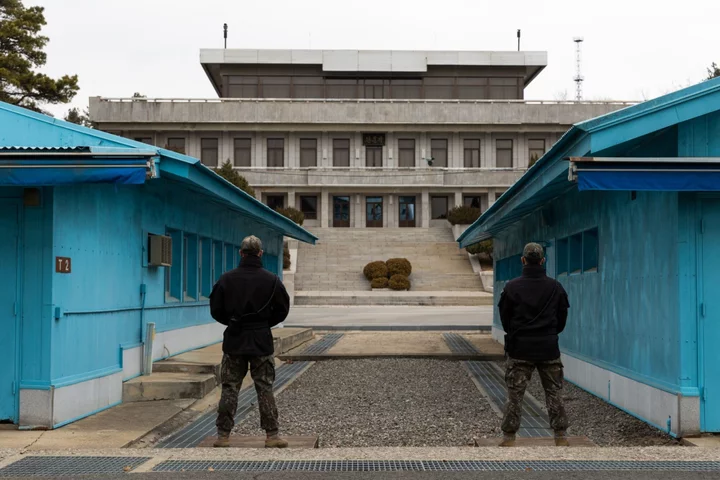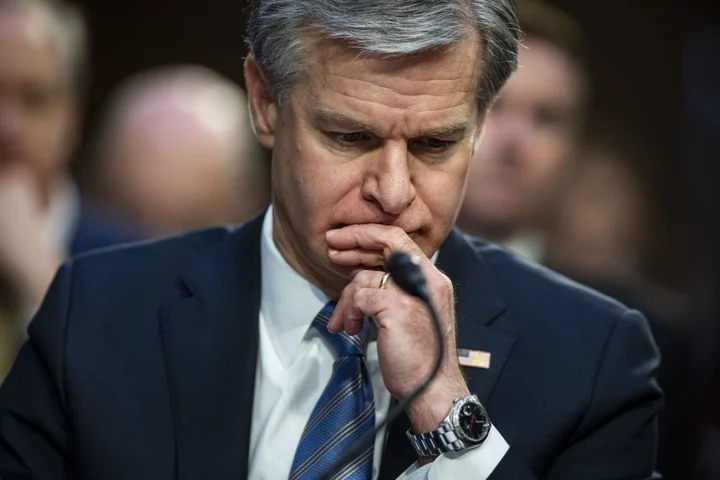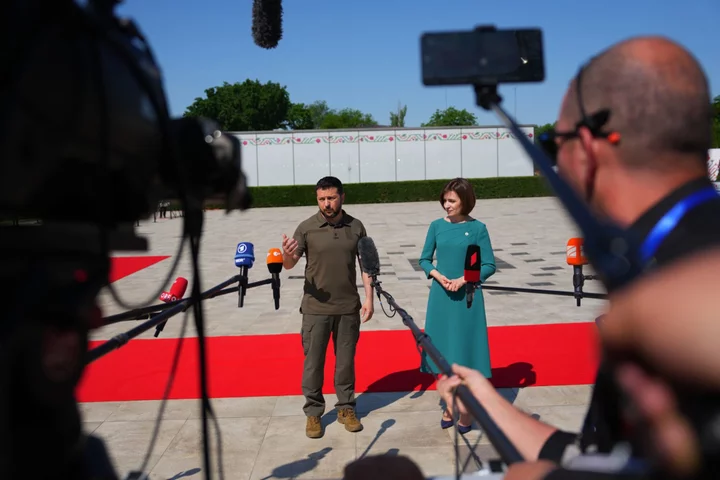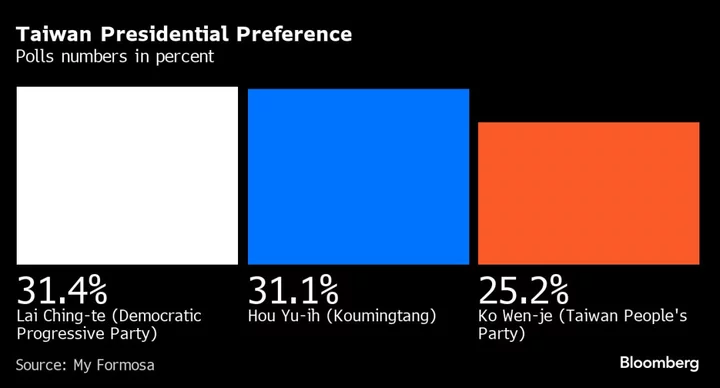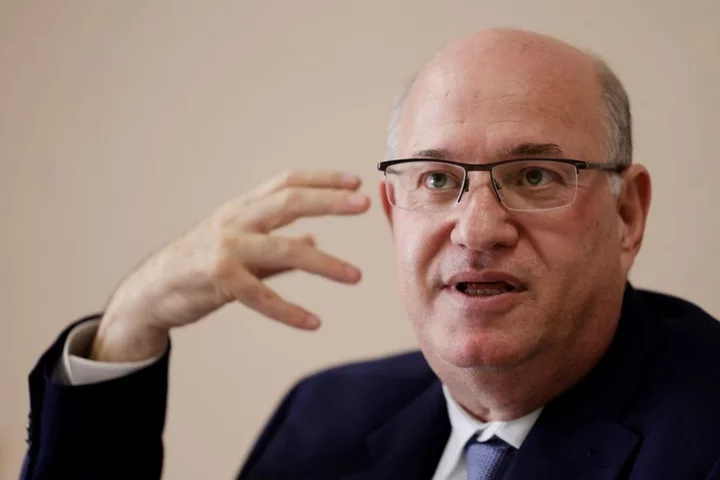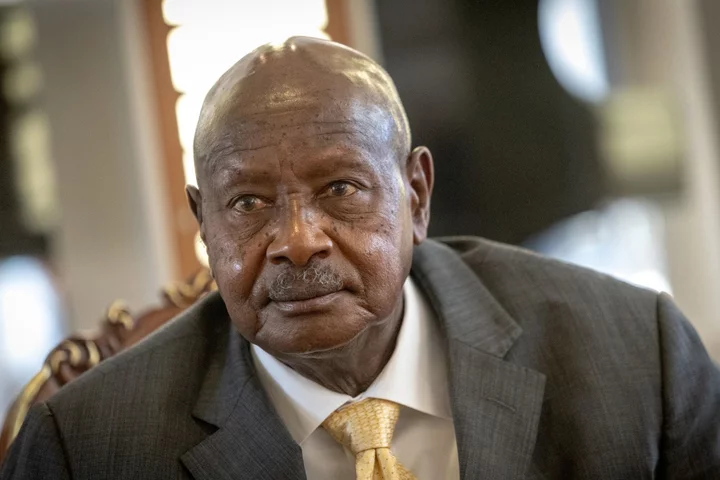The US State Department said “there’s been no communication since last week” with North Korea about the American soldier who bolted across its border.
Earlier reports of bilateral communications about Private Second Class Travis King “may have resulted from a misinterpretation” of a statement by the US-led United Nations Command, State Department spokesperson Matthew Miller told reporters in Washington Monday.
It’s been almost a week since King, 23, made the unauthorized crossing, with the regime in Pyongyang making no public mention so far about the fate of the man it whisked away in a van surrounded by North Korean military personnel.
The UN Command contacted North Korea on the day King crossed the border and “my understanding is that the North Koreans acknowledged they received the message” but haven’t responded to further communications, Miller said.
A different impression was left in a briefing hours earlier by Lieutenant General Andrew Harrison, the deputy commander for the UN Command.
“The first primary concern is Private King’s welfare and the conversation has commenced with the KPA through the mechanisms of the Armistice Agreement,” Harrison told reporters, using an abbreviation for the North Korean People’s Army and referring to the cease-fire deal that ended fighting in the 1950-1953 Korean War.
But Miller, the State Department spokesman, suggested Harrison was referring only to the initial contact last week. The UN Command didn’t immediately respond to a request for comment.
King may be facing intensive interrogation by North Korea’s security apparatus as it decides whether he’s an asset worth keeping for a while, or someone with little information who may be sent back before he could become a burden on the state.
North Korea has yet to mention King in its official media. The case is the first unauthorized border crossing by an American during the Biden administration, which is looking at ways to engage with Pyongyang at high levels after Kim Jong Un’s regime has shunned repeated requests for talks.
‘Political Judgments’
King has probably been transfered to Pyongyang for questioning by a joint investigation team, according to Cho Han-bum, a senior research fellow at the Korea Institute for National Unification based in Seoul.
“They’re making political judgments,” said Cho. “They haven’t had a face-to-face negotiation with the outer world since the pandemic, so it’s going to take time to sort out their internal positions.”
It also comes amid continuing tensions, with North Korea conducting ballistic missile tests and the US dispatching a submarine capable of carrying nuclear weapons to the region.
Read more: North Korea Fires Another Missile Ahead of Armistice Anniversary
King’s crossing is different from the approximately 20 other Americans detained by Pyongyang since the end of the 1950-1953 conflict. Those detained previously have included Christians who went there for what they saw as humanitarian reasons, university students on tours and a pair of reporters, most of whom crossed from China or were in the country for other reasons.
King, a cavalry scout in the Army since January 2021, probably wasn’t privy to sensitive information that would be of high interest to North Korea. He was also facing expulsion from the US military after he’d been jailed for nearly two months in South Korea for assault.
Those Americans who have been held custody by North Korea have said they faced relentless questioning, intimidation and violence that pushed them to their mental breaking points as they were held in isolation.
If King actually defected to North Korea, the state would probably try to find a way to use him for propaganda. In the Cold War, it cast a handful of American soldiers who crossed over as villains in movies, often overseen by Kim Jong Il, the cinephile former leader, father of Kim Jong Un and author of On the Art of the Cinema.
Kim Jong Il also arranged the kidnapping of a top South Korean actress and director to help his movie projects.
“There’s no reason to keep Private Travis King around for a long period of time or use him for propaganda like they did during the Cold War,” said Cho. “It’s a burden to accept a political asylum, and one private doesn’t mean that much.”
Author: Courtney McBride, Sangmi Cha and Jon Herskovitz

